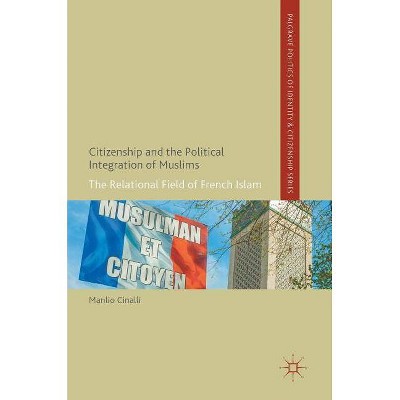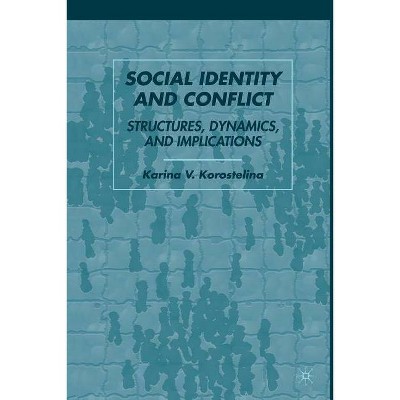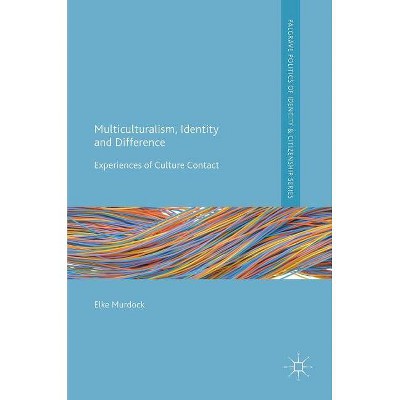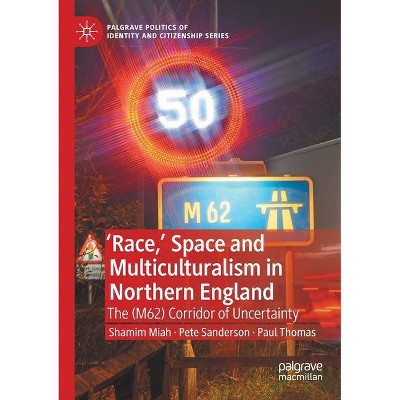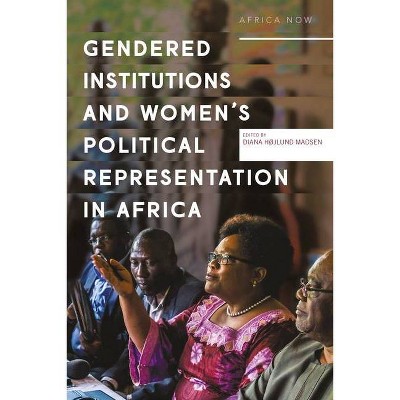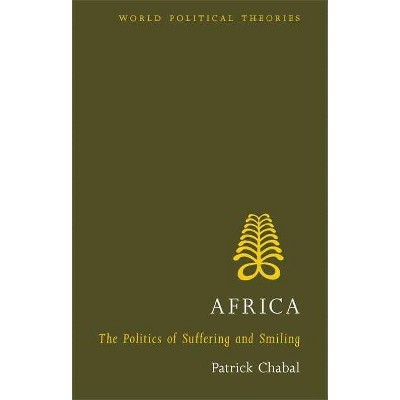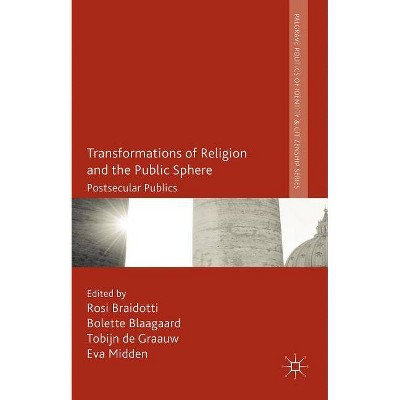Identity, Citizenship, and Political Conflict in Africa - by Edmond J Keller (Paperback)
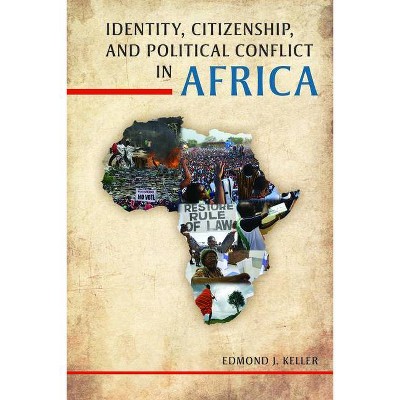
Similar Products
Products of same category from the store
AllProduct info
<p/><br></br><p><b> About the Book </b></p></br></br>Focusing on Nigeria, Ethiopia, Cote d'Ivoire, Kenya, and Rwanda, he lays the foundation for a new understanding of political transition in contemporary Africa.<p/><br></br><p><b> Book Synopsis </b></p></br></br><p>Reflecting on the processes of nation-building and citizenship formation in Africa, Edmond J. Keller believes that although some deep parochial identities have eroded, they have not disappeared and may be more assertive than previously thought, especially in instances of political conflict. Keller reconsiders how national identity has been understood in Africa and presents new approaches to identity politics, intergroup relations, state-society relations, and notions of national citizenship and citizenship rights. Focusing on Nigeria, Ethiopia, Cote d'Ivoire, Kenya, and Rwanda, he lays the foundation for a new understanding of political transition in contemporary Africa.</p><p/><br></br><p><b> Review Quotes </b></p></br></br><br><p>Altogether, this book offers a fine survey of the essential question of citizenship in Africa, one that will be of particular value to those without prior exposure to the scholarship on the topic. It is also a fitting testimony to a rich academic career.</p>-- "Perspectives on Politics"<br><br><p>Keller has written an impressive and path-breaking book in African politics that can be useful by upper-level undergraduate and graduate students who are interested in African studies.</p>-- "African Conflict and Peacebuilding Review"<br><br><p>Keller shows a strong understanding of the political dynamics at play in the discourse around identity and citizenship in Africa. He does not declare a one-size-fit-all attitude in his analysis of the various countries used as case studies. By consciously declaring that there is no one way to read civil conflict in modern Africa, he makes the book an obvious work in progress. This is welcomed given the complex nature of various African nation states. I find the book to be incisive in analysis and critical to the issues of identity and citizenship in Africa. It potentially forms a significant text for scholars and students of African conflict studies. For ordinary readers, the work is engaging and detailed with current information about the situation in many African countries.</p>-- "African Studies Quarterly"<br><br><p>Most certainly, Identity, Citizenship, and Political Conflict in Africa is a useful publication, which contributes to the disciplines of African studies, history, and politics and should benefit students, general readers, and scholars with interdisciplinary academic interests.</p>-- "Africa Today"<br><br><p>This book would certainly be useful in graduate seminars on African politics, African history or ethnic politics. It is written in a clear, straightforward style that also makes it appropriate for use in advanced undergraduate classes. Keller also offers insights for policymakers and development practitioners who continue to grapple with the real-world consequences of citizenship conflicts.</p>-- "Journal of Modern African Studies"<br><p/><br></br><p><b> About the Author </b></p></br></br><p>Edmond J. Keller is Distinguished Professor of Political Science at the University of California, Los Angeles. He is author of <i>Revolutionary Ethiopia: From Empire to People's Republic</i> (IUP, 1988) and <i>Trustee for the Human Community: Ralph Bunche and the Decolonization of Africa</i>.</p>
Price History
Cheapest price in the interval: 25.49 on October 22, 2021
Most expensive price in the interval: 25.49 on December 20, 2021
Price Archive shows prices from various stores, lets you see history and find the cheapest. There is no actual sale on the website. For all support, inquiry and suggestion messages communication@pricearchive.us

